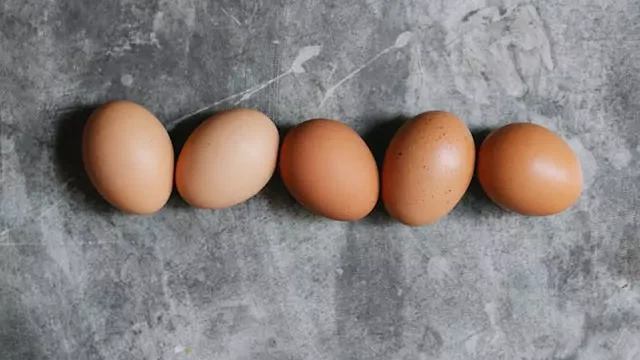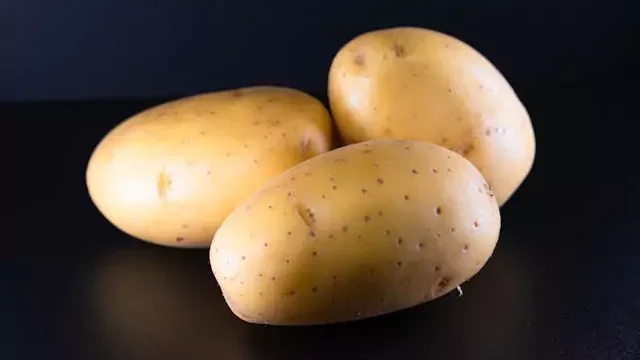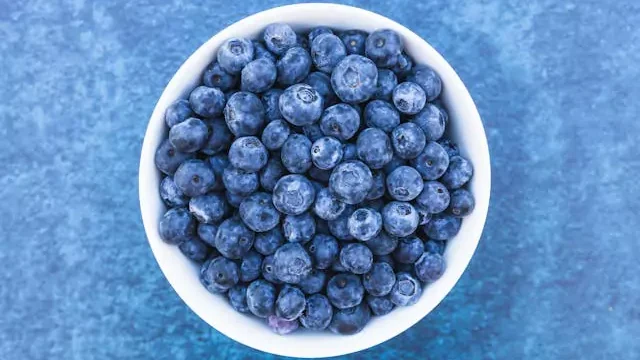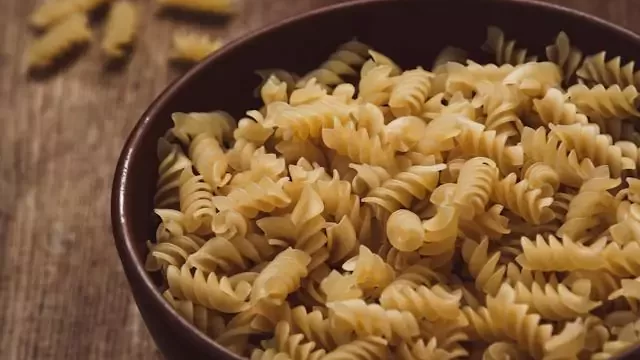Corn, often overlooked as a mere side dish, holds immense potential for athletes seeking to optimize their performance and recovery. This versatile whole grain, a staple in many cultures, is packed with essential nutrients that can fuel intense workouts, aid in muscle repair, and reduce inflammation.

Unveiling the Nutritional Profile of Corn
Corn, botanically known as Zea mays, is a rich source of carbohydrates, fiber, vitamins, and minerals, making it a valuable addition to any athlete’s diet. Carbohydrates serve as the primary fuel for high-intensity exercise, while fiber promotes digestive health and satiety. Corn also boasts an impressive vitamin profile, including vitamin C, which supports immune function, and B vitamins, which play a crucial role in energy metabolism. Additionally, corn provides essential minerals such as magnesium, potassium, and phosphorus, which contribute to muscle function, bone health, and fluid balance.
Fueling Your Workouts with Corn
Complex carbohydrates, like those found in corn, provide sustained energy release during exercise, preventing premature fatigue and enabling athletes to push their limits. Corn’s fiber content further enhances its energy-providing potential by slowing down digestion and preventing blood sugar spikes and crashes.
Aiding Muscle Repair and Recovery
Corn’s rich nutrient profile extends to its role in muscle repair and recovery. The presence of B vitamins, particularly thiamin and niacin, supports the breakdown of carbohydrates into usable energy, which is essential for muscle tissue repair. Additionally, corn’s fiber content helps regulate blood sugar levels, promoting muscle glycogen replenishment, the body’s primary energy storage form in muscles.
Reducing Inflammation and Promoting Overall Well-being
Corn’s antioxidant content, including carotenoids and phytonutrients, helps combat oxidative stress and inflammation, which can impair athletic performance and overall well-being. These antioxidants neutralize free radicals, harmful molecules that contribute to muscle damage and fatigue.
Incorporating Corn into an Athlete’s Diet
Corn’s versatility allows for its incorporation into various meals and snacks, catering to different tastes and dietary needs. Whether enjoyed as a whole grain, popped into popcorn, or incorporated into salads, soups, and stews, corn adds a flavorful and nutritious boost to any athlete’s diet.
Pre-Workout Snack Ideas
- Air-popped popcorn with a sprinkle of nutritional yeast
- Corn tortilla wrap with hummus and vegetables
- Corn and black bean salsa with whole-wheat crackers
Post-Workout Recovery Meals
- Corn chowder with lean protein, such as chicken or fish
- Grilled corn salad with quinoa and avocado
- Corn and roasted vegetable stir-fry with brown rice
Related: The Best Meal to Eat After Training
Unleash Your Full Potential with Corn
As athletes strive to reach their full potential, corn emerges as a valuable ally in their journey. By incorporating this versatile whole grain into their diets, athletes can fuel their workouts, optimize recovery, and enhance their overall well-being. Embrace the power of corn and unleash your inner athlete!
FAQs
What is the ideal timing of consuming corn for athletes?
Corn can be consumed as a pre-workout snack or incorporated into post-workout meals. For pre-workout, opt for easily digestible forms like popcorn or corn tortillas. Post-workout, enjoy corn in more substantial meals to aid in muscle repair and glycogen replenishment.
How much corn should athletes include in their diets?
Corn can be consumed in moderate amounts as part of a balanced diet. Aim for 2-3 servings of corn per day, adjusting based on individual calorie and nutrient needs.
Are there any specific types of corn that are more beneficial for athletes?
Whole grain corn, in its unprocessed form, is the most beneficial for athletes. Avoid processed corn products, such as corn chips and corn syrup, which lack fiber and essential nutrients.
What are some additional tips for athletes to optimize their nutrition?
- Prioritize whole, unprocessed foods in your diet.
- Include a variety of fruits, vegetables, whole grains, and lean proteins.
- Stay hydrated throughout the day and during exercise.
- Consult a registered dietitian for personalized nutrition guidance.




